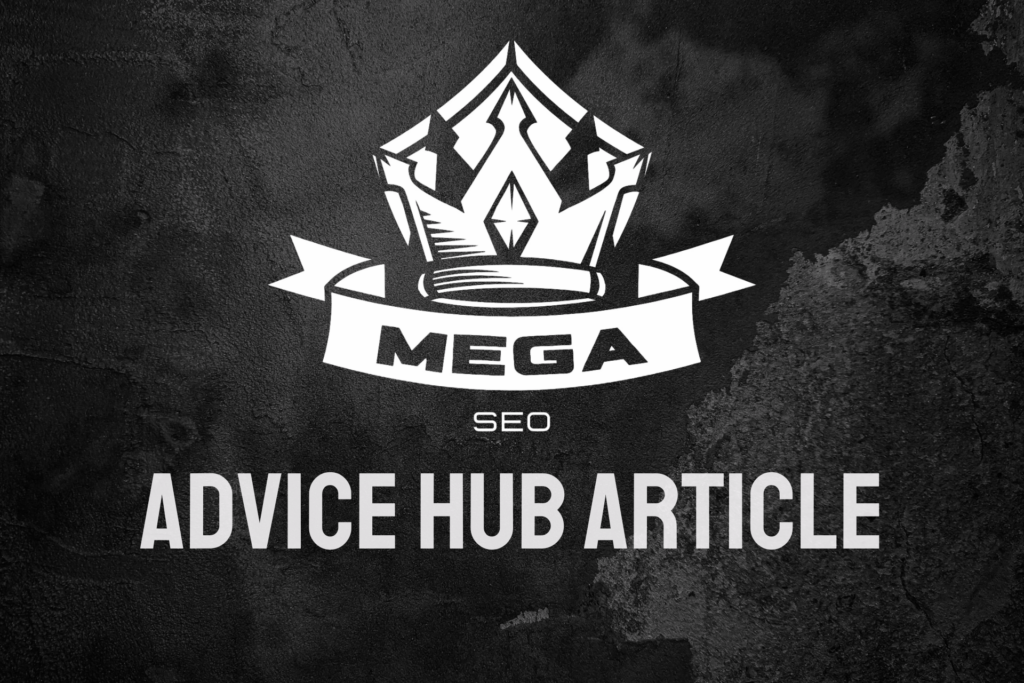Tracking SEO performance metrics is essential for any business looking to improve its online visibility and drive organic traffic. By monitoring key indicators, you can gauge the effectiveness of your SEO efforts and make data-driven decisions to enhance your strategy. This comprehensive guide will explore the most important SEO metrics to track and provide insights on how to measure them effectively.
Why is tracking SEO performance metrics important?
Tracking SEO performance metrics allows you to:
- Measure the success of your SEO campaigns
- Identify areas for improvement
- Allocate resources more effectively
- Demonstrate ROI to stakeholders
- Stay ahead of competitors
By consistently monitoring these metrics, you can refine your SEO strategy and achieve better results over time.
Which SEO performance metrics should you track?
Organic Traffic
Organic traffic is perhaps the most crucial SEO metric to monitor. It represents the number of visitors coming to your website through unpaid search engine results. To track organic traffic:
- Use Google Analytics to view your website’s traffic sources
- Filter for organic traffic to see how many visitors are coming from search engines
- Analyse trends over time to identify growth or decline in organic traffic
- Segment organic traffic by landing page, device, and location for deeper insights
Increasing organic traffic indicates that your on-page SEO efforts are paying off, as more people are finding your website through search engines.
Keyword Rankings
Tracking your keyword rankings helps you understand how well your website is performing for specific search terms. To monitor keyword rankings:
- Use a rank tracking tool like SEMrush, Ahrefs, or Moz
- Input your target keywords and track their positions over time
- Pay attention to both branded and non-branded keywords
- Monitor local rankings if you have a physical business location
- Track rankings across different search engines and devices
Improving keyword rankings can lead to increased visibility and more organic traffic to your website.
Click-Through Rate (CTR)
Click-through rate measures the percentage of people who click on your website’s listing in search results. A higher CTR indicates that your title tags and meta descriptions are compelling and relevant to searchers. To track CTR:
- Use Google Search Console to view your CTR for different queries
- Identify pages with low CTR and optimise their title tags and meta descriptions
- Compare your CTR to industry benchmarks to gauge performance
- Analyse CTR by device and search appearance (e.g., featured snippets)
Improving your CTR can lead to more traffic without necessarily improving rankings.
Bounce Rate
Bounce rate is the percentage of visitors who leave your website after viewing only one page. A high bounce rate may indicate that your content isn’t meeting user expectations or that your website has usability issues. To track and improve bounce rate:
- Use Google Analytics to view bounce rates for different pages and traffic sources
- Identify pages with high bounce rates and analyse potential issues
- Improve content quality, page load speed, and user experience to reduce bounce rates
- Consider implementing exit-intent popups or related content suggestions to engage users
A lower bounce rate often correlates with better user engagement and can positively impact your SEO performance.
Page Load Speed
Page load speed is a crucial factor in both user experience and SEO. Slow-loading pages can lead to higher bounce rates and lower rankings. To track and improve page load speed:
- Use tools like Google PageSpeed Insights or GTmetrix to measure page load times
- Identify and address issues that are slowing down your pages
- Regularly monitor page speed across different devices and browsers
- Implement caching, image optimisation, and content delivery networks (CDNs) to improve speed
Faster-loading pages can lead to improved user experience, lower bounce rates, and potentially better rankings.
Backlink Profile
Your backlink profile is a crucial factor in determining your website’s authority and rankings. Monitoring your backlinks helps you identify opportunities and potential issues. To track your backlink profile:
- Use tools like Ahrefs, Majestic, or Moz to analyse your backlink profile
- Monitor the quantity and quality of backlinks over time
- Identify and disavow toxic or spammy backlinks
- Look for opportunities to acquire high-quality backlinks from reputable sources
- Analyse your competitors’ backlink profiles for insights and opportunities
A strong, diverse backlink profile can significantly improve your website’s authority and rankings. This is a key aspect of off-page SEO.
Conversion Rate
While not strictly an SEO metric, conversion rate is crucial for measuring the effectiveness of your SEO efforts in driving business results. To track conversion rate:
- Set up goal tracking in Google Analytics
- Monitor conversion rates for different traffic sources, including organic search
- Analyse which keywords and landing pages are driving the most conversions
- Use this data to inform your content strategy and optimisation efforts
- Implement A/B testing to improve conversion rates on key pages
Improving your conversion rate ensures that your SEO efforts are translating into tangible business results.
How can you use these metrics to improve your SEO strategy?
Once you’re tracking these key SEO performance metrics, it’s important to use the data to inform your strategy:
- Identify trends and patterns in your data to understand what’s working and what’s not
- Set realistic goals based on your current performance and industry benchmarks
- Prioritise optimisation efforts based on the metrics that will have the biggest impact on your business
- Regularly review and adjust your strategy based on the insights gained from your metrics
- Conduct competitive analysis to benchmark your performance against industry leaders
Remember that SEO is an ongoing process, and continuous monitoring and optimisation are key to long-term success.
Leveraging Tools for Effective SEO Tracking
To effectively track and analyse your SEO performance metrics, it’s essential to use the right tools. Here are some popular options:
- Google Analytics: Provides comprehensive data on website traffic, user behaviour, and conversions
- Google Search Console: Offers insights into your website’s search performance and technical issues
- SEMrush: A versatile tool for keyword research, rank tracking, and competitor analysis
- Ahrefs: Excellent for backlink analysis and content research
- Moz Pro: Offers a suite of SEO tools, including rank tracking and site audits
- Screaming Frog: Useful for conducting technical SEO audits and identifying on-site issues
By combining data from multiple tools, you can gain a more comprehensive understanding of your SEO performance and make more informed decisions.
The Importance of Regular Reporting and Analysis
Tracking SEO performance metrics is only valuable if you regularly analyse the data and use it to inform your strategy. Consider implementing the following practices:
- Create weekly or monthly SEO reports to track progress
- Set up automated alerts for significant changes in key metrics
- Conduct quarterly or bi-annual in-depth analyses to identify long-term trends
- Share insights with stakeholders to demonstrate the value of SEO efforts
- Use data visualisation tools to make reports more accessible and actionable
Regular reporting and analysis ensure that you’re always aware of your SEO performance and can quickly adapt to changes in the search landscape.
Maximise Your SEO Potential with Mega SEO
Tracking SEO performance metrics is crucial for improving your online visibility and driving organic traffic. By monitoring key indicators such as organic traffic, keyword rankings, and conversion rates, you can make data-driven decisions to enhance your SEO strategy.
If you’re looking to improve your local SEO performance and dominate search results in your area, our team of experts can help. We specialise in delivering tailored SEO solutions that drive real results for businesses across the UK, including our home base in Wigan.
Ready to take your SEO performance to the next level? Contact us today to learn how we can help you achieve your online marketing goals.




